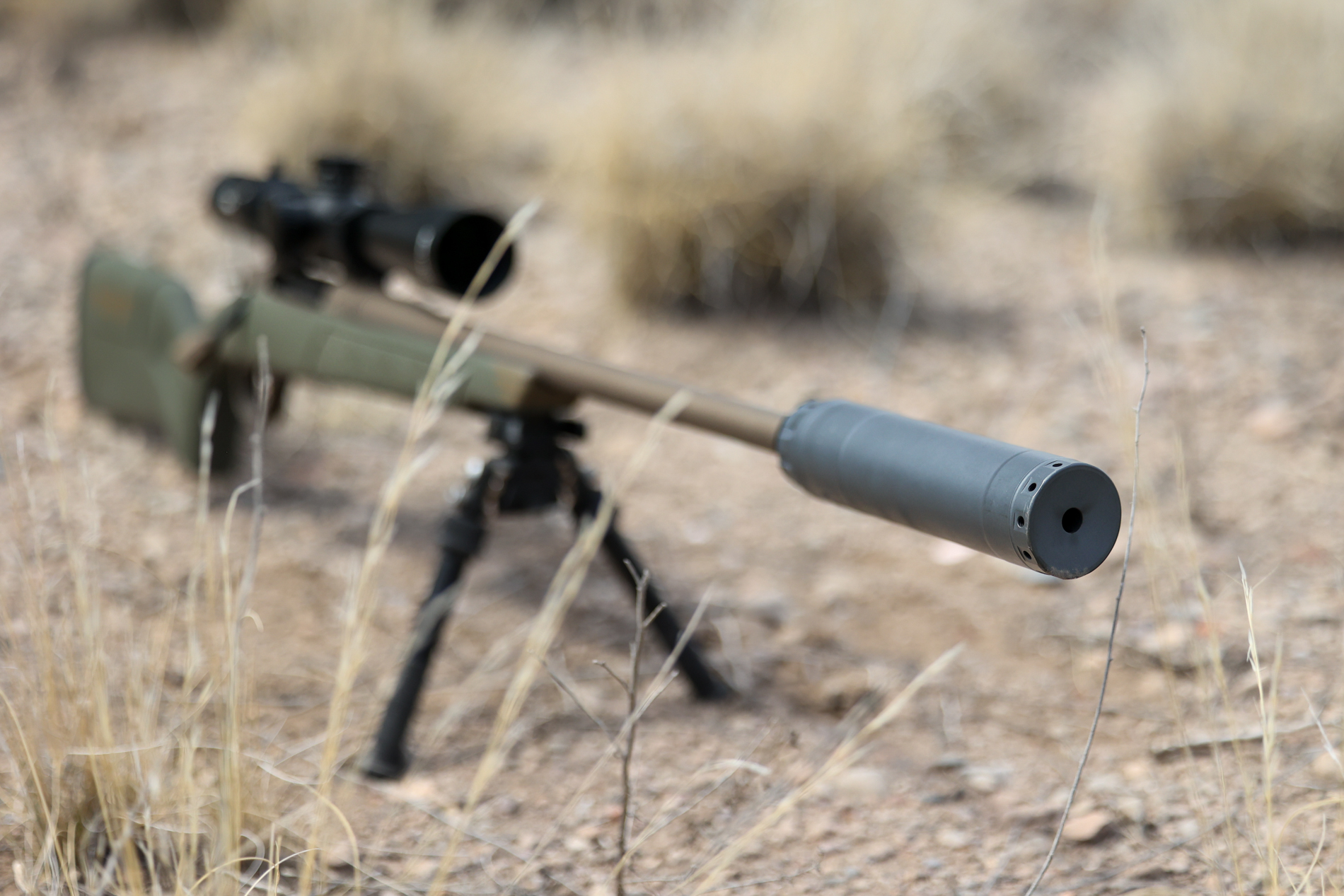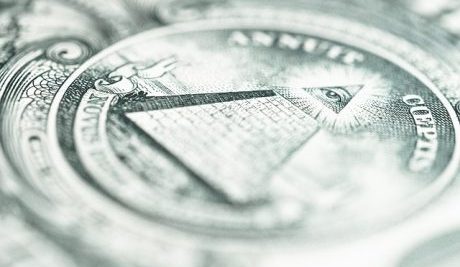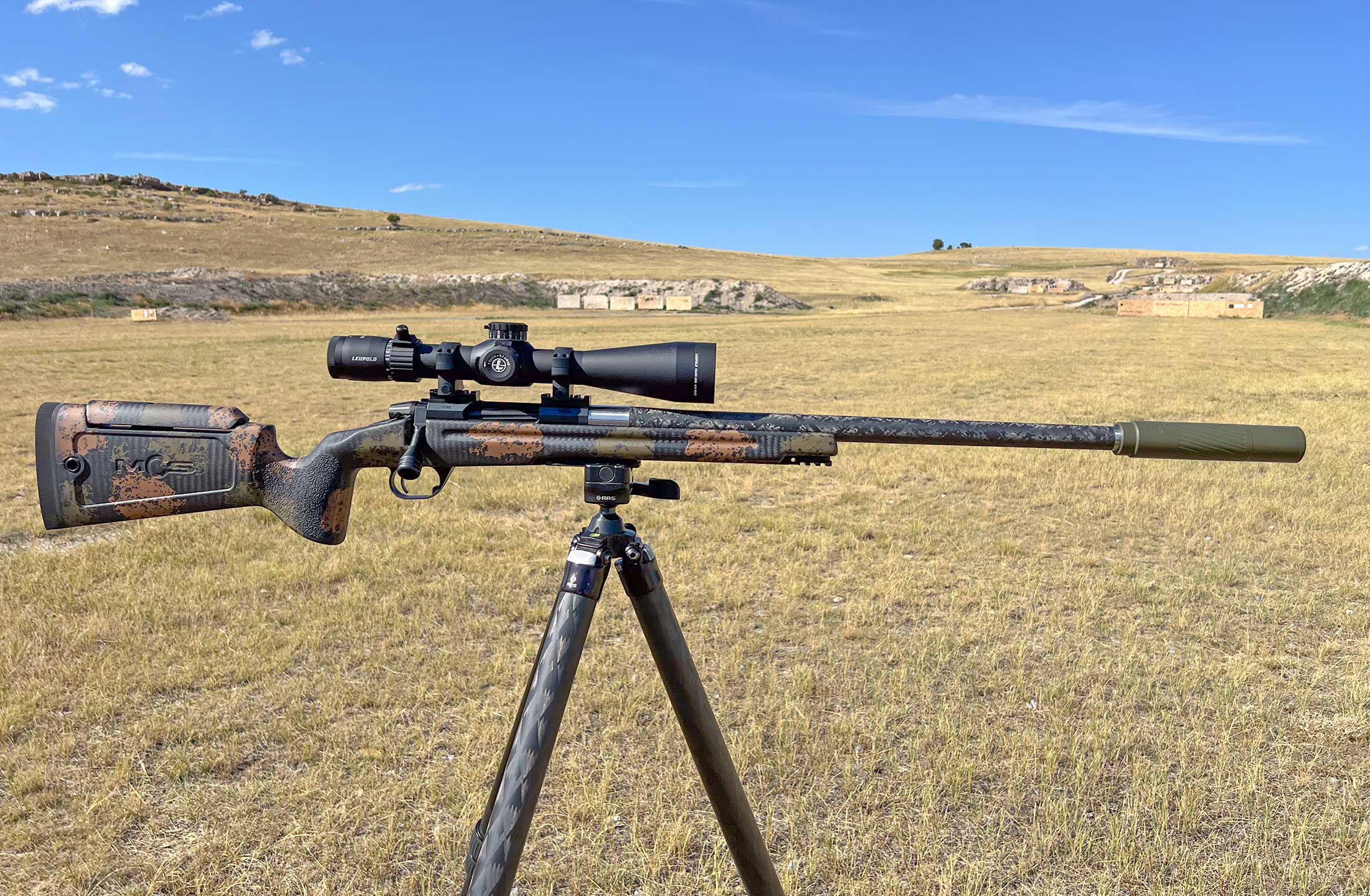Houses Passes Bill That Would Deregulate Suppressors

We may earn revenue from the products available on this page and participate in affiliate programs. Learn More ›
Early Thursday the House of Representatives passed a massive budget package, known as the One Big Beautiful Bill, which included wide-ranging implications for everything from healthcare to natural resource development. One key issue for the hunting and shooting community is the potential for streamlining suppressor transfers and eliminating the $200 transfer tax.
The provisions were included in a 42-page amendment to the 1,118-page bill passed by the House today.
If the Senate passes the bill without changing any of these provisions, then suppressors could be purchased without the onerous ATF application that requires fingerprints, a waiting period, and the $200 tax stamp. This fee has remained in place since the National Firearms Act of 1934, which was intended to make suppressor ownership prohibitively expensive.
There is a chance that this suppressor deregulation, also known as Section 2 of the Hearing Protection Act, does not pass the Senate. If that’s the case, a back-up clause could still slash the long-standing $200 tax stamp to $5. The outcome ultimately depends on whether the Senate changes the language or its thrown out of the bill on a technicality — a bureaucratic process known as the Byrd Rule.
“This [suppressor] issue was not one of the major sticking points in getting the Big Beautiful Bill to the Senate,” says Larry Keane, the senior vice president for government affairs and general counsel at the National Shooting Sports Foundation. “The Senate is going to do what the Senate wants to do. They’re not bound by the House. But that’s why both [provisions] are in there. It gives the Senate flexibility. If you just had the [Hearing Protection Act] language and the parliamentarian says ‘No, it doesn’t pass the Byrd Bath,’ as it’s known, then there’s no Plan B. You get nothing, if you will.”
Instead, says Keane, the odds are good to reduce at least one hurdle for suppressor ownership: the added $200 expense. Silencer Central has worked closely with the NSSF to deregulate suppressor ownership, and one rep says including several silencer clauses in this legislation gives gun owners the absolute best chance to achieve that.
If suppressors are removed from the NFA, they will still be regulated as firearms under the Gun Control Act, says Keane. Cans would still need to be serialized and sold by an FFL with a background check. They would also still be regulated by state law.
“This is about making sure that people keep their hearing at the end of the day,” Rep. Eric Burlison (R-Missouri) said in an interview with Reuters.
Some lawmakers worried this amendment might not pass at a time when Republicans are searching for revenue to offset other tax cuts. And indeed, eliminating the $200 suppressor tax stamp alone will reduce federal revenue by $1.44 billion over the next decade, according to a May 13 report from the congressional Joint Committee on Taxation.
| 2025 | 2026 | 2027 | 2028 | 2029 | 2030 | 2031 | 2032 | 2034 | |
| Money saved by suppressor buyers, in billions, if the $200 tax stamp is eliminated | $12B | $86B | $99B | $114B | $131B | $151B | $174B | $200B | $231B |
About 80 percent of all consumer-owned suppressors in the U.S. were registered in the last five years alone (2020 to 2024), according to one NSSF report. That translates to a 265 percent increase in suppressor registration over that same time period, with about 4.5 million suppressors registered by the end of 2024.
Suppressor manufacturers, who are already experiencing skyrocketing demand after the ATF slashed its wait times last year, anticipate more of the same if suppressors are dropped from the NFA.
“It would be a huge win for law-abiding Americans. Suppressors should never have been taxed in the first place. For our business, I foresee sales going through the roof for all suppressor manufacturers,” says Serge Ducourneau, director of sales for Abel Suppressors. “It essentially reduces the cost of a suppressor by $200. We’re already prepping for an increase[in demand]. There were a lot of people who already didn’t want to buy a suppressor because they didn’t want to go through the hassle of a Form 4 or starting a trust. I think we’ll see more people using them if that tax is removed and if they’re removed from the NFA.”
This prediction is echoed by other silencer makers.
“We’ve been increasing production because demand has already been increasing,” says Ray Sanchez, a partner of Thunder Beast Arms Corporation, which specializes in high-end cans for precision rifles.“This will increase demand even more [from] all those people on the fence, all those people who were just mad, like ‘I’m not jumping through the hoops, I’m not giving them two hundred dollars.’ Because sometimes you could buy a suppressor for $200, a low end .22 can — ours is about $450 — but then you pay a $200 tax stamp on top of the sales tax.”
Read Next: Why Every Hunter and Recreational Shooter Should Own a Suppressor
The health benefits of suppressors are indisputable, says Sanchez, who notes that ear plugs only do so much to protect your hearing.
“It’s just the polite way to shoot a pistol or a rifle,” says Sanchez. “Here in the U.S. we’ve made it very easy for the most part to get guns but hard to get suppressors with the year-long waits. In Europe it’s harder to get guns, but once you have one, suppressors are a hardware-store item. You’re expected to shoot suppressed otherwise you’re ungentlemanly.”
Read the full article here









